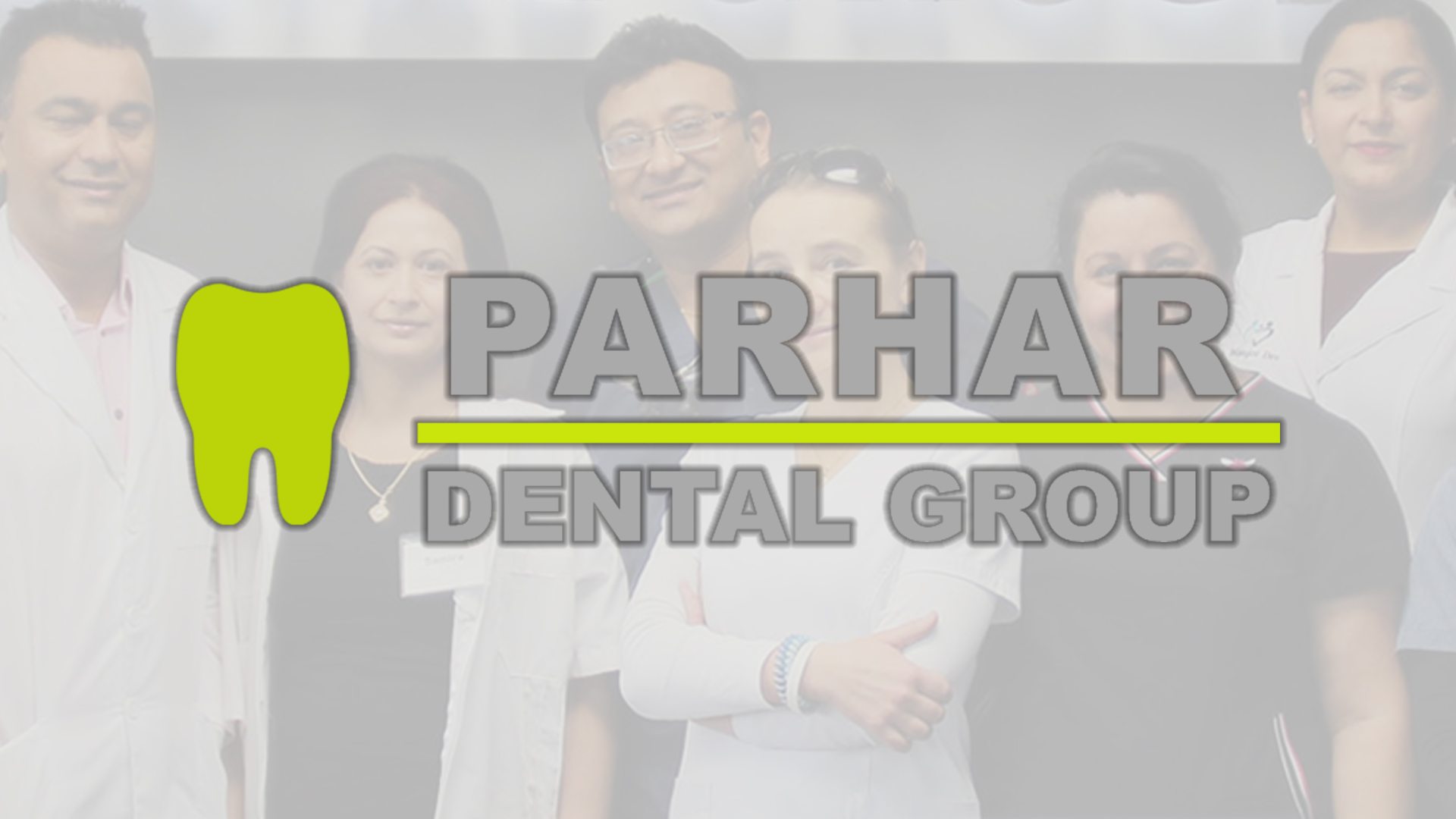THE BEST DENTAL IMPLANT MAY BE YOUR OWN TOOTH
There are three primary ways to replace a missing tooth or several teeth. Those most commonly recommended include fixed bridgework (a series of joined crowns or caps), dental implants, and removable partial dentures.
Dental implants are titanium rods about a centimeter long that are placed inside the jawbone and serve the same purpose as the roots of teeth. Another procedure that has generated some interest recently is the use of a person’s own tooth as a kind of “natural” implant. This process, called “autotransplantation,” involves the removal of a tooth in one area of the mouth, and placing it into the area of the missing tooth.
In most cases, damaged or infected teeth can be effectively treated, making their removal and subsequent replacement unnecessary. There are situations, however, when this is not possible. If a tooth has had extensive damage due to deep decay, advanced and localized gum disease, traumatic injury from an accident, or damage of its root(s), it may need to be extracted. In most cases, it is then preferable to have the tooth replaced. If the patient is healthy and certain conditions exist, autotransplantation can be a good option.
Here’s how autotransplantation would be used for the replacement of a first molar with a wisdom tooth. The procedure involves careful removal of the first molar and preparation of its socket. The wisdom tooth is then taken out and placed into the site where the first molar had been removed. The tooth is then stabilized for one or two weeks to promote healing.
Research has shown that autotransplantation is most successful when the patient is about 17 years old. At this age, the roots of a wisdom tooth are usually two-thirds formed, and the tooth will not require root canal therapy after transplantation. If the person is 21 years of age or older and the wisdom tooth is completely formed, the tooth will require root canal therapy about a month or so after the procedure.
Autotransplantation can be performed with any tooth in the mouth in the appropriate situation. The success rate of autotransplantation is about 90 percent after five years, and should be considered a viable alternative to fixed bridgework, partial dentures, and titanium dental implants in some cases.

